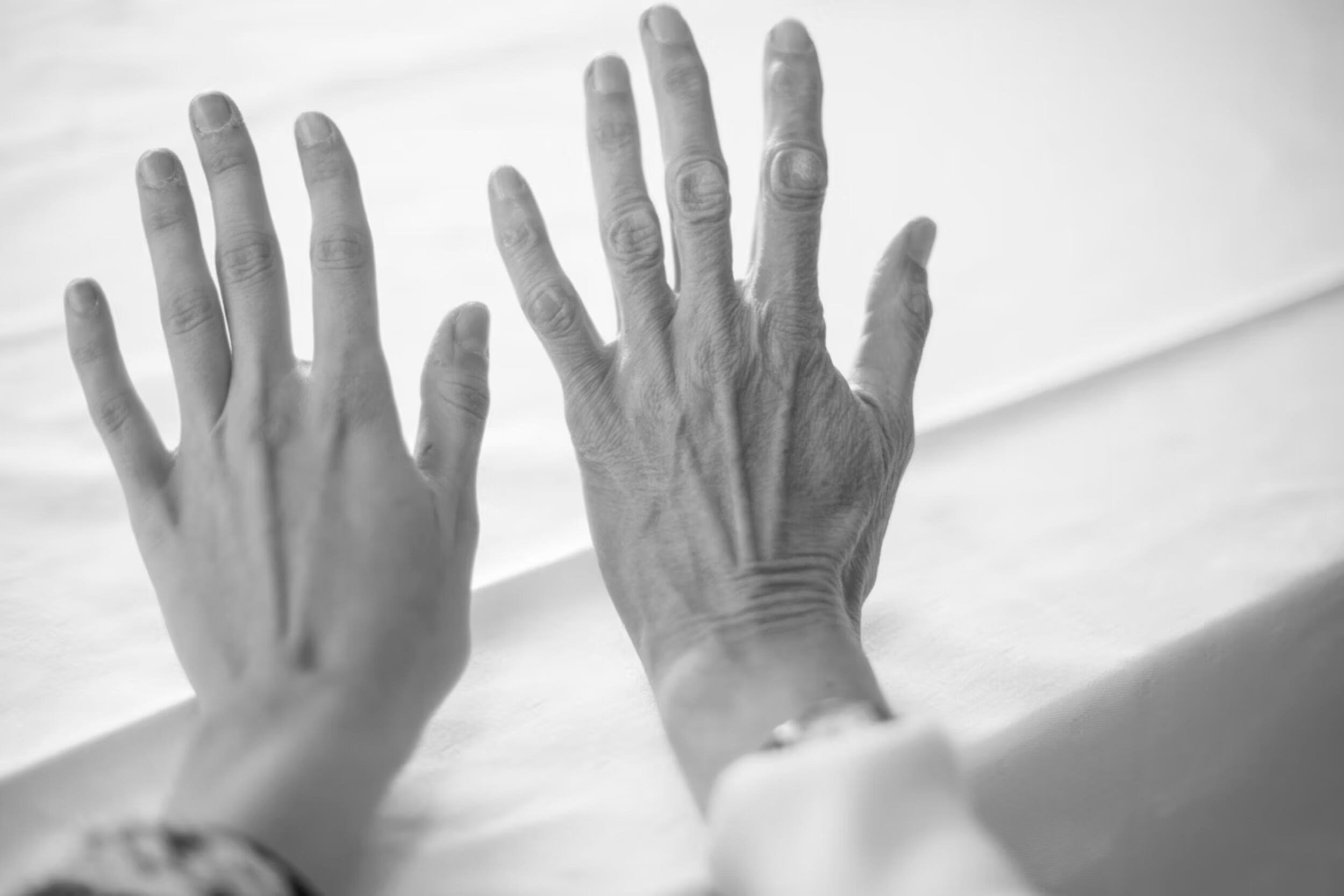Getting older doesn’t mean slowing down—it means learning how to take better care of yourself so you can keep doing the things you love. Doctors now say that aging well isn’t about chasing youth but about building habits for lifelong vitality—simple daily choices that keep your body strong and your mind sharp.
Medical experts talk less about living longer and more about living better. This idea, called “healthspan,” focuses on how many good years you have—those filled with energy, movement, and purpose. Science shows that while we can’t change our genes, we can change how we age through healthy routines, strong relationships, and active lifestyles.
Today, research in longevity and preventive medicine keeps proving one thing: small steps matter. Every walk, every good night’s sleep, every healthy meal adds up. The goal isn’t perfection—it’s progress. Let’s look at what doctors recommend to make those extra years worth every minute.
The Medical View on Longevity: What Science Actually Says
Aging isn’t something to fight—it’s something to understand. Doctors today say the real key to staying healthy longer starts with knowing what happens inside your body as it grows older.
Cells, for example, slowly wear down through a process called cellular aging. When that happens, your body repairs itself more slowly. Add in inflammation from stress, poor diet, or lack of movement, and it speeds things up. The good news? Science shows that about 70% of how we age comes from lifestyle choices, not genetics. That means your daily routines hold more power than your DNA.
There’s also a new focus in medicine called preventive geriatrics, which looks at keeping people strong and independent rather than just treating illness after it starts. Doctors agree that things like exercise, sleep, and emotional health can slow biological aging.
These insights are helping shape what we now call habits for lifelong vitality—practical, proven steps that help your body and mind stay younger for longer. Here’s what experts recommend.
10 Doctor-Recommended Habits for Lifelong Vitality
1. Move Daily — Even in Small Ways
Movement keeps every system in your body working better. Doctors often say, “motion is lotion” because it keeps joints flexible and blood flowing. Even short walks, stretching, or climbing stairs make a difference. Studies show that 150 minutes of weekly movement—about 20 minutes a day—can cut your risk of heart disease and early death. The best part? It doesn’t have to be fancy. Gardening, dancing, or playing with your grandkids all count toward building habits for lifelong vitality.
2. Prioritize Protein and Whole Foods
Food is fuel, especially as you age. Doctors recommend more lean proteins like chicken, eggs, beans, or tofu to protect muscle strength. Fresh fruits, vegetables, and whole grains help fight inflammation and give your body the nutrients it needs to repair itself. Try eating colorful meals—greens for vitamins, reds for antioxidants, and yellows for energy. Over time, this kind of balanced eating becomes one of the easiest habits for lifelong vitality to maintain.
3. Make Sleep a Health Priority
Rest is when your body does its best work—repairing cells, balancing hormones, and resetting your brain. Doctors say seven to eight hours of sleep helps protect memory and immune health. Skip caffeine late in the day, avoid screens before bed, and keep your room cool and dark. Good sleep isn’t a luxury—it’s one of the foundations of habits for lifelong vitality that supports everything else you do for your health.
4. Strengthen Social Bonds
Friendships are medicine for the soul. Researchers have found that strong social connections can lower your risk of early death as much as quitting smoking. Whether it’s coffee with a neighbor, volunteering, or weekly calls with family, staying connected helps your brain and body thrive. Doctors say social ties help reduce stress, improve mood, and even keep blood pressure steady. A healthy support system is one of the most overlooked habits for lifelong vitality.
5. Manage Stress with Evidence-Based Tools
Stress can silently speed up aging by increasing cortisol—the “pressure” hormone. Medical experts suggest simple ways to bring it down: slow breathing, meditation, yoga, or walking outdoors. Even just five minutes a day can calm your mind and lower inflammation. The key is consistency, not perfection. Think of stress management as mental exercise—one that trains your body to handle challenges more easily over time.
6. Protect Brain Health Early
Your brain loves being challenged. Doctors say that learning new skills—like cooking, puzzles, or music—helps form new connections that keep memory strong. Regular movement and the Mediterranean-style diet also support brain health by improving circulation and reducing inflammation. Research shows these simple actions can lower the risk of dementia and help you stay sharp well into older age.
7. Keep an Eye on Biomarkers
Numbers like blood pressure, blood sugar, and cholesterol tell a story about your overall health. Doctors encourage annual checkups to track these “silent” indicators before they turn into problems. Many people now use smartwatches or apps to follow daily steps, heart rate, and sleep quality. Understanding your body’s signals helps you stay in control and make small changes that pay off later.
8. Support Gut Health
Your gut does more than digest food—it affects your mood, immunity, and energy. Doctors often recommend fiber-rich foods like oats, bananas, and beans, plus fermented foods such as yogurt or kimchi. These feed the good bacteria in your gut and reduce inflammation. Staying hydrated also helps digestion run smoothly. A healthy gut makes every other system work better, making this a quiet but powerful habit for lifelong vitality.
9. Protect Bone and Joint Strength
Strong bones and steady balance keep you independent. Weight-bearing exercises like walking, squats, or resistance bands strengthen bones, while vitamin D and calcium support repair. Doctors stress starting early—it’s easier to protect bone density than rebuild it. Lifting light weights or doing yoga just a few times a week helps reduce fall risks and keeps you moving freely.
10. Cultivate Purpose and Mental Flexibility
Having something to look forward to adds years to your life. Doctors studying centenarians say people who live longest share a sense of purpose—they volunteer, nurture relationships, or stay curious about life. Staying open-minded and flexible helps you handle change without breaking down emotionally. Purpose keeps your brain engaged, your heart hopeful, and your spirit alive—key pieces of any routine built on habits for lifelong vitality.
Expert Insights: What Doctors Say About Building Habits That Last
Good intentions fade fast unless you make your new routines realistic. Doctors who work with older adults say success comes down to small, steady steps.
- Start small: Aim for what feels doable today. Even a five-minute walk beats none at all.
- Track progress: Use a simple notebook or app to record small wins—it builds motivation.
- Anchor new habits: Pair a new action with something familiar, like stretching while the coffee brews.
- Stay accountable: Invite a friend or family member to share your goal; teamwork keeps you going.
- Don’t chase perfection: Missing a day doesn’t mean failure—just pick up where you left off.
Experts remind us that longevity isn’t about living forever. It’s about staying active, capable, and happy through every stage of life. Small, consistent actions turn into lasting routines that protect your health long after motivation fades.
Conclusion: The Real Secret to Lifelong Vitality
Aging isn’t the end—it’s proof of how far you’ve come. Doctors say longevity isn’t about turning back the clock; it’s about using every year to get stronger, wiser, and more intentional. Healthy aging is built on steady habits—moving daily, eating well, resting deeply, and connecting with others.
Each small change compounds over time, turning into strength, clarity, and energy that last. The secret is not in youth—it’s in consistency. Habits for lifelong vitality help you keep your independence, your curiosity, and your joy.
Aging isn’t the end—it’s your chance to live fully, love deeply, and make every day count.















